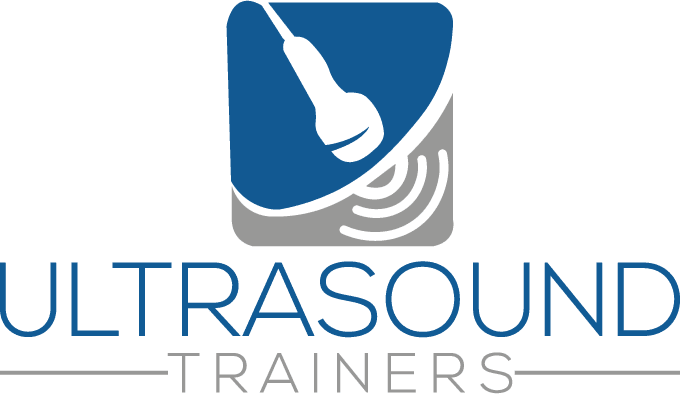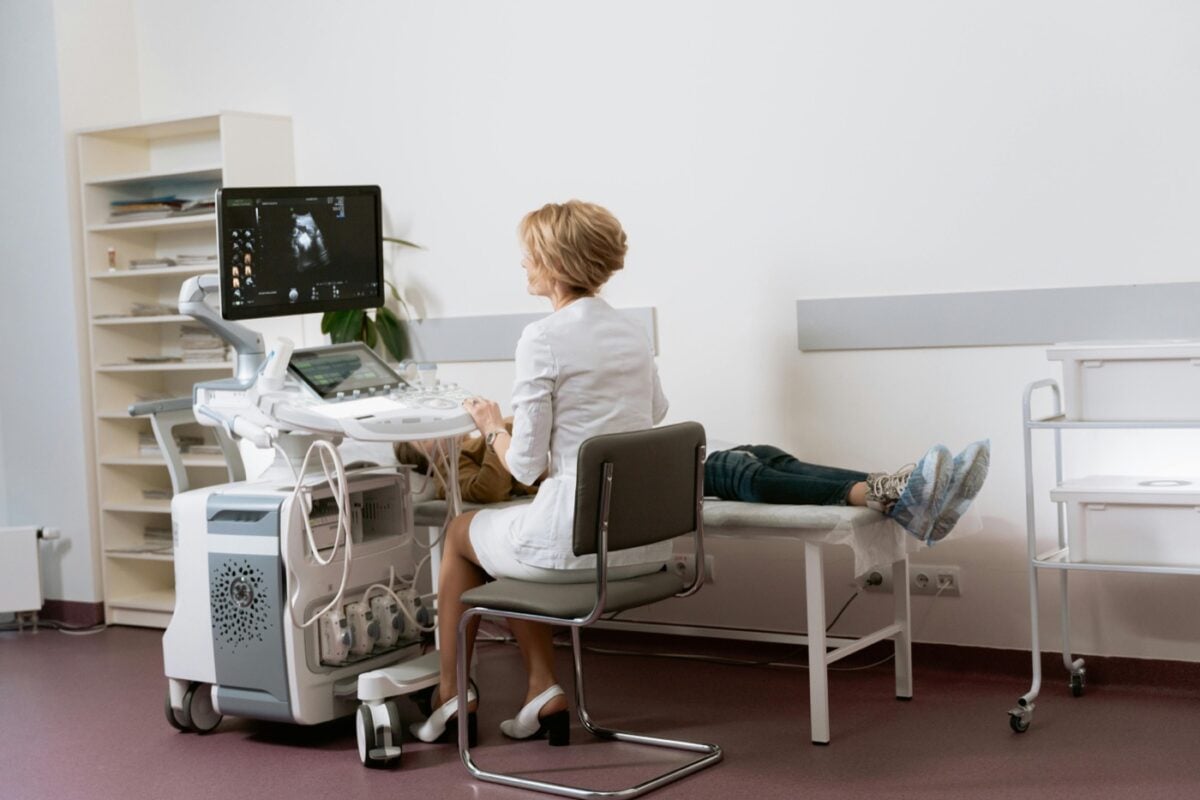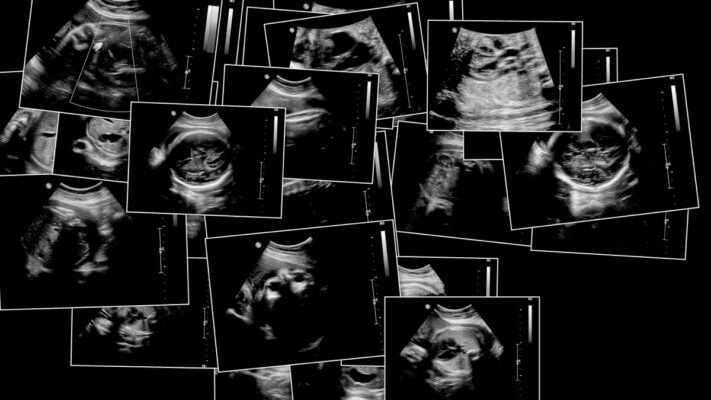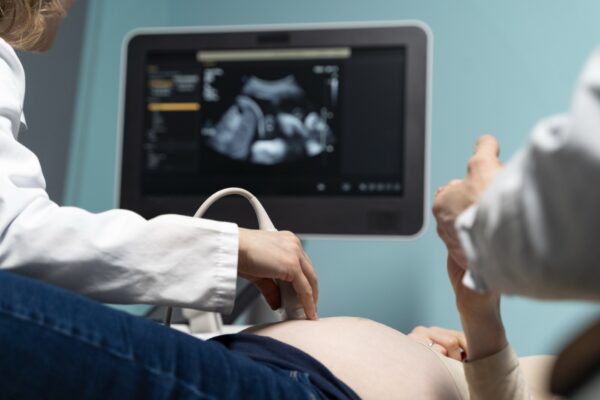Elective Ultrasound Curriculum for Non Sonographers: Hands On Training
Curious whether you can transform enthusiasm for prenatal joy into professional level images without spending years in medical school? Good news. A structured elective ultrasound curriculum exists that guides complete beginners from their first probe hold to confident real time scanning. This overview explains every module, assessment, and mentorship touchpoint so you can map your own path into a growing keepsake baby ultrasound market.
Why Elective Ultrasound Welcomes Career Changers
The elective 3D and 4D ultrasound business thrives on emotion rich experiences rather than medical diagnosis. Parents visit studios to bond with baby, reveal gender, and capture breathtaking HDLive clips to share on social feeds. Regulations for this entertainment first niche are typically lighter than hospital based imaging, making it possible for talent outside traditional sonography programs to excel once they complete targeted training.
Demand shows no sign of slowing. Market analysts forecast elective sessions to exceed 5 M annual appointments by 2030 while industry revenue surpasses 1.2 B. Social proof cycles on TikTok and Instagram accelerate curiosity, and peer recommendations build trust even faster than paid ads. As more parents choose repeat visits across trimesters, operators need skilled staff who deliver safe, beautiful scans with stellar client care.
Training providers such as Ultrasound Trainers have optimized curricula specifically for non clinicians. Condensed bootcamps, simulation labs, and guided practice hours replace multi semester lectures, allowing learners to pivot from hospitality, photography, or wellness careers into profitable imaging studios.
Financially, the cost of starting an ultrasound business can be recovered in months when a steady calendar meets thoughtful upsell strategy. Tuition for quality training is minor compared with the revenue generated once you offer keepsake packages averaging 200 per visit.
Most important, elective ultrasound places empathy at the center. If you already excel at customer service, the leap to joyful prenatal imaging feels natural. Technical finesse is essential, and that is exactly what this curriculum provides.
Curriculum Structure at a Glance
The program spans eight sequential modules delivered over twelve weeks. Each builds on the previous, pairing theory with guided hands on drills. Graduates leave not only with a certificate but also a logbook of seventy verified practice scans that satisfy many state and insurance guidelines.
- Anatomy Foundations
- Physics and Image Science
- Machine Setup and Presets
- Scanning Protocols and Gesture Memory
- Client Care and Safety
- Business Operations and Ethics
- Marketing and Community Outreach
- Capstone Assessment and Portfolio Review
Learning modalities vary for engagement. Expect interactive e lessons, instructor led demonstrations, peer discussion boards, and live practice on volunteer expectant moms. Progress checkpoints follow every two modules, ensuring you master core skills before advancing.
Within each module you will find focused skill drills, downloadable cheat sheets, and reflection prompts that anchor knowledge through practical application. The design mirrors cognitive science research that shows spaced repetition and immediate feedback increase retention by fifty percent compared with passive viewing.
Module Deep Dives
Anatomy Foundations
This entry segment introduces maternal and fetal structures visible during elective scans. You learn trimester timelines, typical fetal positions, and landmark planes used to locate a heart flutter or tiny yawn. Instructors emphasize respectful language and cultural sensitivity when discussing development with clients.
Interactive 3D visualizations allow you to rotate virtual fetuses and note how skeletal shadows change with gestational age. The goal is not diagnosis but confident orientation so you can guide parents through the miracle unfolding on screen.
External resources include the AIUM practice parameter library, ensuring alignment with widely accepted safety guidelines.
Physics and Image Science
Next you explore sound wave behavior, transducer material, and knobology. Instructors demystify frequency selection, gain versus time gain compensation, and the trade off between frame rate and voxel sharpness that defines crisp 4D footage. Short quizzes after each concept verify understanding before you ever touch a machine.
Laboratory sessions use open source simulators that replicate speckle noise and angle artifacts. Adjusting controls while watching simulated tissue respond cements intuition faster than textbook diagrams alone.
The module concludes with a peer teaching assignment. You will record a five minute explanation of how mechanical index relates to bioeffects, building presentation skills vital for later team leadership in an ultrasound franchise environment.
Machine Setup and Presets
Your third deep dive moves from theory to tactile experience. Trainees assemble a modern 4D ultrasound machine, connect convex and linear probes, and load manufacturer presets. Instructors cover cable care, thermal printer alignment, and HDMI mirroring so wall mounted displays show real time images to friends and family.

Hands on drills reinforce tactile memory. One exercise involves starting from factory defaults then achieving optimal face clarity in under sixty seconds with only five knob adjustments. Another challenge limits eye contact with the control panel forcing reliance on muscle memory, a necessity when keeping conversation flowing with clients.
You will also learn preventive maintenance that extends equipment life and protects your investment, a key aspect when you buy elective ultrasound machine packages that cost between 35 K and 60 K depending on options.
Scanning Protocols and Gesture Memory
This portion introduces a four quadrant sweep combined with slow rotational movements that reveal profile, limbs, and cord placement smoothly on screen. Instructors model ergonomic posture to avoid wrist strain during back to back sessions.
Video playback analysis shows how micro adjustments in probe pressure resolve shadow artifacts near the spine. Students annotate their recordings with timestamped commentary that mentors review in weekly feedback clinics.
Expect continuous emphasis on fetal safety. The program references the FDA consumer resource on ultrasound exposure to reinforce minimal thermal index usage.
Client Care and Safety
Elective imaging centers succeed through hospitality excellence. This module covers intake consent, gel temperature etiquette, and inclusive language for diverse family structures. Role play scenarios teach de escalation if a parent requests diagnostic opinions beyond the elective scope.
Sanitation routines mirror spa standards. You will practice high touch surface turnover within three minutes, supporting tight schedules without compromising hygiene.
Insurance brokers introduce liability policies that cost about 1 K yearly. Understanding coverage terms protects your studio and clients alike.
Practice and Assessment: Turning Theory into Competence
Structured Drills and Simulation
Daily drills build muscle memory faster than random scanning. The curriculum includes thirty playlists sorted by skill focus such as probe angle variation or rapid depth adjustment. Each playlist lasts fifteen minutes, perfect for lunch break practice on a torso mannequin.
Gamified leaderboards track drill completion among peers, encouraging friendly competition and continuous improvement.
Volunteer Scans and Reflection
Beginning week five you conduct supervised scans with expectant volunteers. Clients receive free printed images while you log case details such as gestational age and fetal position challenges. Reflection journals prompt you to identify one success and one improvement goal after every session.
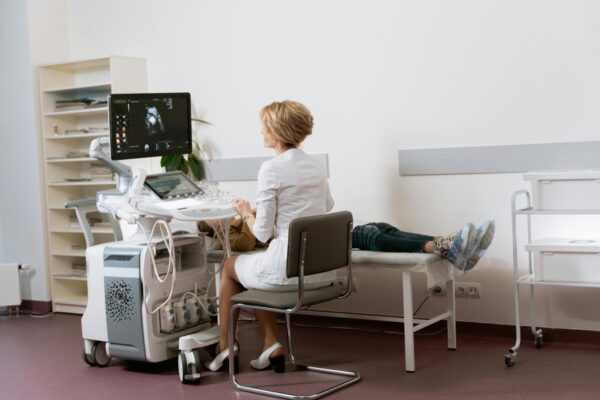
Objective Skill Checks
At weeks eight and twelve you complete objective structured clinical examinations. Stations test probe selection, image optimization, and communication under timed conditions. Passing requires an aggregate score of eighty percent or higher, ensuring consistent quality before you see paying clients.
Mentorship and Lifelong Learning
Graduation is the start of mastery, not the finish line. Alumni gain access to quarterly live webinars where guest experts unpack new rendering algorithms or regulatory updates. A private online community houses case study threads that receive mentor responses within twenty four hours.
Ultrasound Trainers extends lifetime technical support on any 4D ultrasound machine purchased through their marketplace. Firmware update guidance, probe calibration tips, and troubleshooting come at no additional cost, a major advantage over off brand vendors.
For advanced goals such as opening a multi room ultrasound franchise, you can enroll in elective ultrasound business training programs that explore staffing models, multi location branding, and investor pitch decks.
Business Integration and Marketing Know How
The curriculum closes with practical entrepreneurship content. Instructors share spreadsheets that map startup budgets, recurring costs, and breakeven scenarios. Sample plans show how a single machine can produce 15 K monthly revenue at seventy percent capacity.
Marketing lessons emphasize authentic storytelling over generic ad copy. You will draft community outreach ideas such as prenatal yoga pop ins or baby shower gift card partnerships. Templates for press releases and email nurture sequences save time once you launch.
SEO experts demonstrate how to build a power page targeting phrases like how to open a 3D ultrasound studio or 4D ultrasound machine buyers guide. Internal backlinks to cornerstone resources improve ranking while also guiding readers toward booking pages.
Social proof sessions show how to request and showcase five star reviews, reinforcing trust and boosting local search placement. For a deeper dive, see our recent post on the Five Star Review Engine.
Frequently Asked Questions
Do I need a medical degree to enroll?
No. The program is designed for learners with zero clinical background. You will receive all physics, anatomy, and safety education required for elective imaging.
How many practice scans are required?
Expect at least seventy documented scans across multiple gestational ages. This number aligns with many state guidance documents and liability insurers.
What equipment is needed for home study?
A laptop or tablet, a notebook, and a stable internet connection handle the digital resources. All machine work occurs in campus labs or partner studios.
Can I take modules individually?
Modules are sequential because later content assumes prior skill demonstrations. Partial enrollment is not recommended if the goal is client ready proficiency.
Key Takeaways and Next Steps
- An elective ultrasound curriculum tailored for non clinicians combines clear theory, intensive drills, and mentorship to create safe confident scanners.
- Eight structured modules cover anatomy, physics, machine mastery, client care, and business foundations.
- Graduates exit with seventy case logs, objective assessment scores, and lifetime community support.
- Partnering with Ultrasound Trainers ensures premium instruction, equipment sourcing, and ongoing growth guidance.
Ready to start your journey from beginner to elective ultrasound professional? Call Ultrasound Trainers at (877) 943 7335 or email Info@UltrasoundTrainers.com to reserve your seat in the next cohort.
What excites you most about this career path? Share in the comments so our community can offer support and tips.
